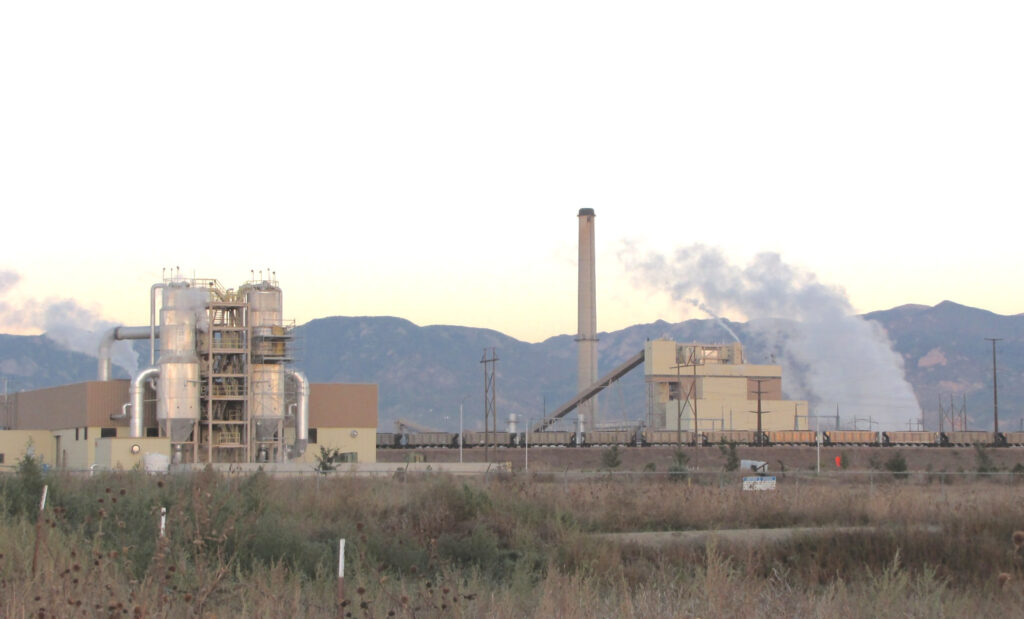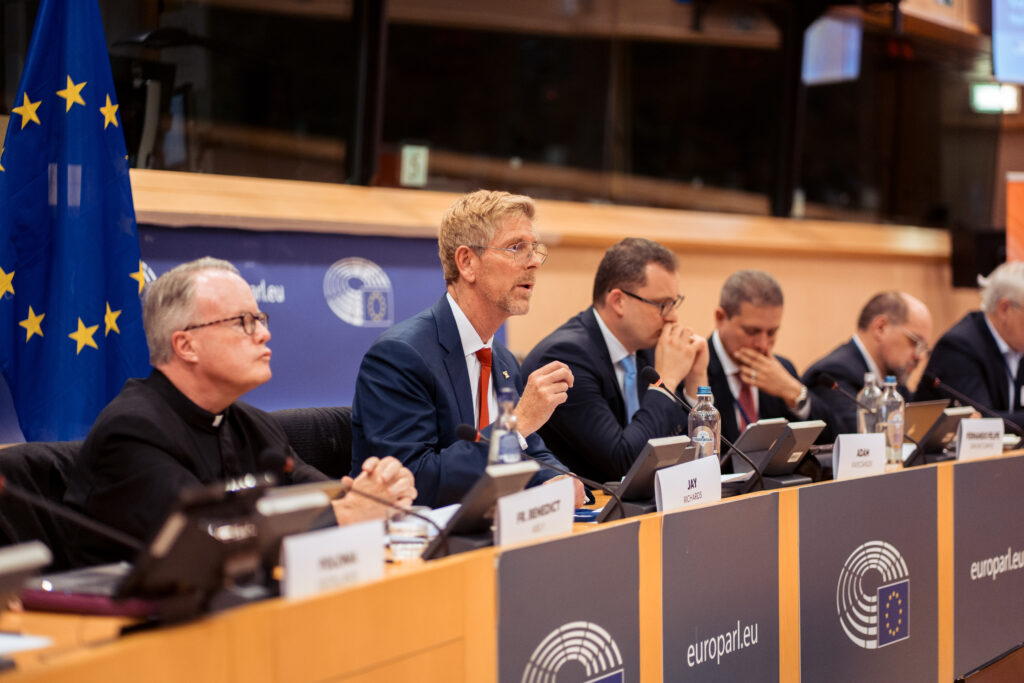Keir Starmer’s Labour government is being sued by investors represented by a Conservative MP over court decisions to quash the now abandoned Cumbrian coal mine.
West Cumbria Mining (WCM) developers withdrew planning application from the site near Whitehaven in April, after the High Court found that the planning approval for UK’s first deep coal mine in more than 30 years – granted by the previous Conservative administration – had been unlawful.
Four months on, WCM and its parent firm Woodhouse Investment Pte, a Singapore-based intermediate holding company, are now using an investment treaty with Singapore to sue the UK’s Department of Business and Trade relating to the scheme. Tory MP and former attorney general Geoffrey Cox is representing the claimants.
This is the first time that ‘corporate courts’ are being used to overturn climate decision-making in the UK, and is the first known case brought against the UK since 2006 under the highly controversial Investor State Dispute Settlement (ISDS) mechanism that is proceeding to arbitration. The ISDS process allows foreign investors to sue a country for unfair treatment or discrimination. The cases are decided by arbitrators rather than public judges.
Campaign group Global Justice Now says it has been warning of this scenario playing out for years, and is urging Starmer’s government to remove the mechanism from future trade agreements.
Cleodie Rickard, the group’s campaigns and policy manager, said the Cumbria case should serve as “a wake-up call”.
“The UK must finally remove this deeply undemocratic system from all its trade and investment deals and untie this straitjacket on our climate action,” she told DeSmog.
“These corporate courts mean that when governments or courts make the right decision, like halting the Cumbria coal mine, foreign corporations have the power to threaten the government in highly secretive processes. If they win, they get to pass their losses from projects onto the taxpayer.”
‘Closed Doors’
The Singapore-based private equity firm EMR Capital is behind a complex set of financial vehicles propping up the West Cumbria Mining (WCM) Ltd. project to date. The scheme has lost momentum over the last 12 months, with WCM having formally withdrawn the plans earlier this year.
The proposed mine would have extracted 2.8 million tonnes of coking coal a year from under the Irish sea to produce steel, emitting an estimated 220 millions tonnes of greenhouse gases over its lifetime.
Chris Rowley, from the South Lakes Action on Climate Change (SLACC) group, which was a co-claimant in one of the two successful legal challenges against the coal mine, urged Starmer’s government to fight the ISDS claim.
“SLACC is very disappointed to see this attempt to sue the UK taxpayer,” he said.
“It’s very hard to see what valid grounds West Cumbria Mining might have, and worrying that this might all take place behind closed doors. We hope that the UK government will oppose this claim as strongly as they can.”
Nigel Farage’s Reform UK has emerged as the biggest political supporter of the diminished WCM scheme. However, it is the Conservative MP Geoffrey Cox who is providing his legal services for this case.
Cox, who is a listed party to these proceedings, has previously faced criticism over his consultancy work advising multinationals looking to sue nation state governments for decisions that may impact their profits. OpenDemocracy revealed in 2021 that he had earned £800,000 advising Withers LLP, which is also party to the Cumbria ISDS case, amid controversy over MPs’ second jobs.
ISDS cases can play out over a number of years and, at this early stage, it is difficult to assess how successful this particular case will be. The exact details of the nature of the treaty breach being alleged by the various claimants have not yet been disclosed.
The cases can be extremely costly, with governments sometimes spending billions to defend them.
Campaigners have criticised Starmer’s government for including an ISDS clause in a new bilateral investment treaty it has brokered with India, pointing out that this same mechanism is being used against it over the Cumbria mining decision.
Rickard told DeSmog: “Efforts to reform ISDS have roundly failed to prevent egregious cases, and growing numbers of states, from South Africa to New Zealand to Indonesia, are rejecting it from their trade policy – even an ISDS lawyer recently conceded they had ‘lost the battle of legitimacy’.
“The UK must move with the global grain away from these fetters on its sovereignty. Today’s pressing challenges, from phasing out fossil fuels to managing our troubled public utilities, require our representatives to be free to act in the public interest – not be held to ransom by unaccountable corporations.”
DeSmog reported last summer that the then-incoming Labour government would potentially face compensation claims of up to tens of millions of pounds from WCM Ltd and its financial backers. This was until the landmark Finch ruling on downstream emissions and a successful legal challenge brought by SLACC and Friends of the Earth appeared to stop the mining project in its tracks.
A spokesperson for the Department of Business and Trade said they would not comment on ongoing legal proceedings.
Geoffrey Cox and WCM were also contacted for comment.
Subscribe to our newsletter
Stay up to date with DeSmog news and alerts






